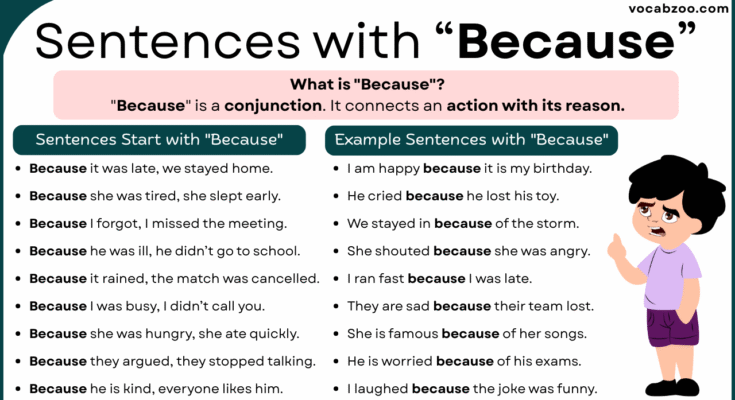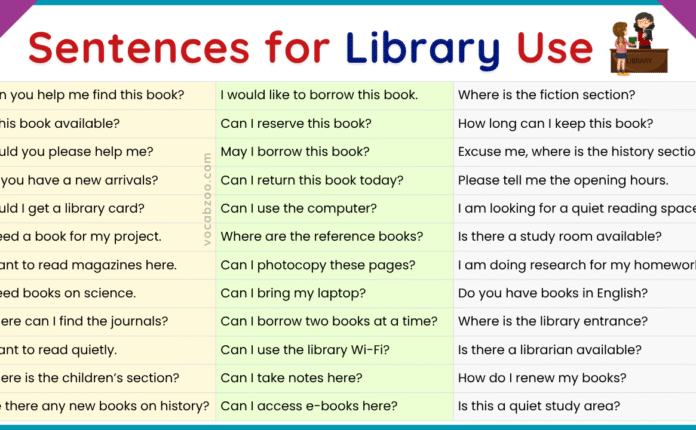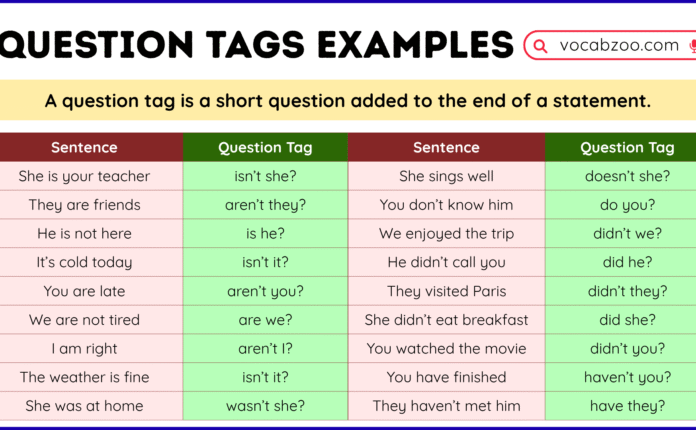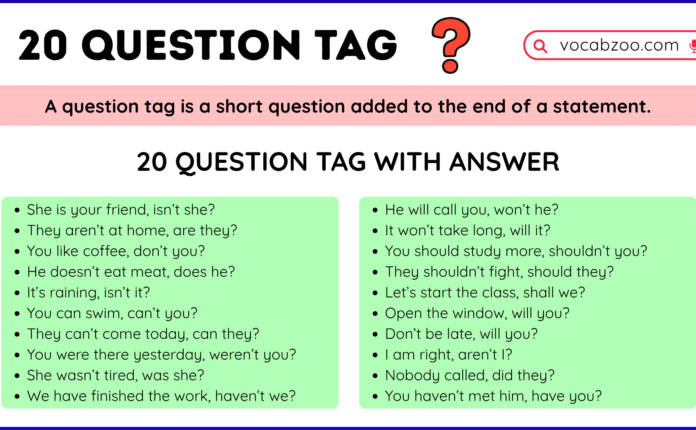The word “because” is very important in English. We use it to show reason or cause for something. In this article, you will learn the use of “because” in sentences, its meaning, and simple examples for clear understanding.
What is “Because”?
“Because” is a conjunction. It connects an action with its reason.
Example: I stayed home because it was raining.
Here, “because” shows the reason why the person stayed home.
Main Uses of “Because”
| Use of Because | Meaning | Example |
|---|---|---|
| Reason | Tells why something happens | She is happy because she passed the exam. |
| Cause and effect | Shows the cause of an action | I left early because I was tired. |
| Answer to questions | Explains the reason for something | Why are you late? – Because the bus was slow. |
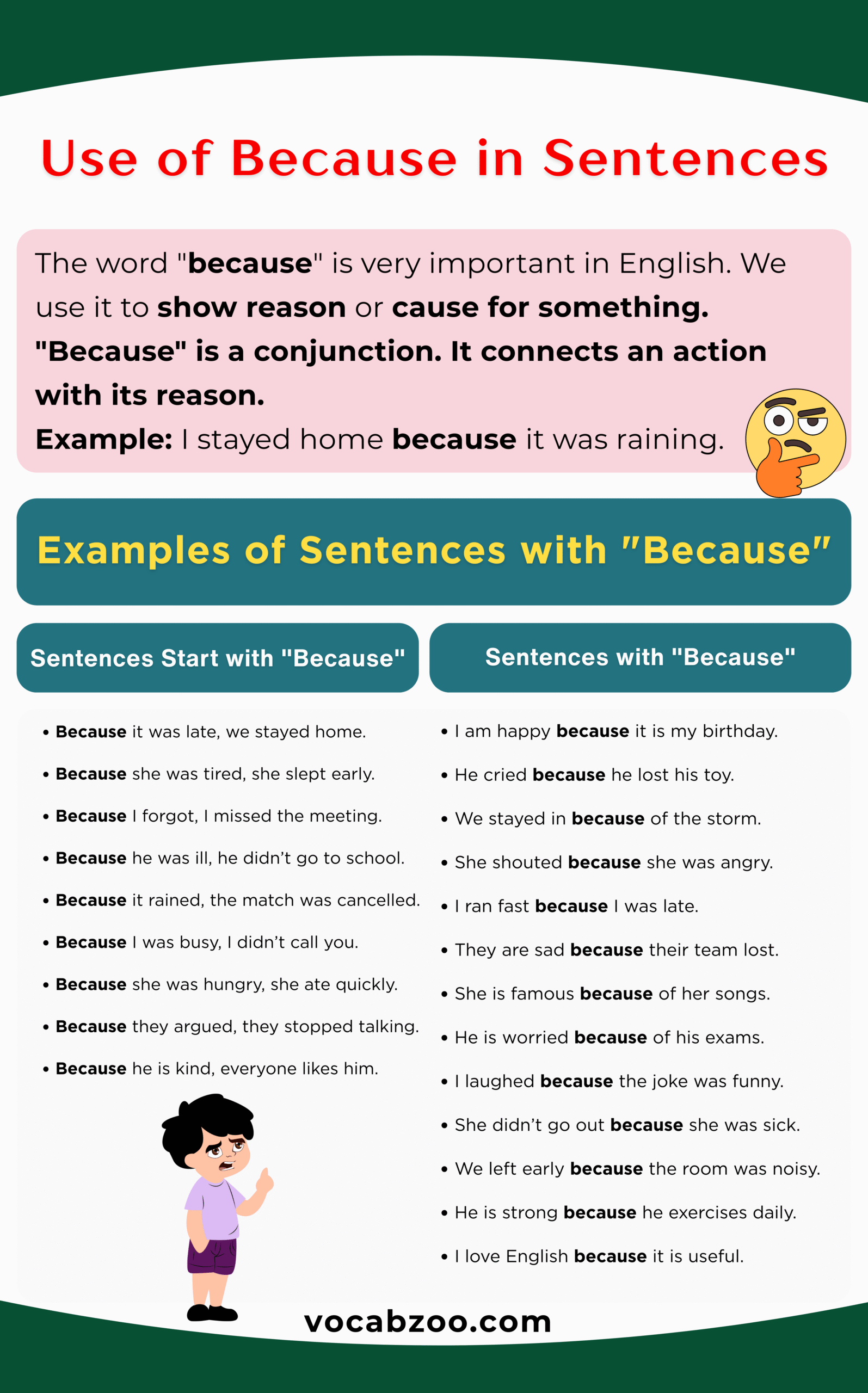
Examples of Sentences with “Because”
Sentences Showing Reason
She is smiling because she is excited.
He stayed in because it was raining.
I am learning English because I want a good job.
Sentences Showing Cause and Effect
The streets are wet because it rained all night.
He failed because he did not study.
The baby is crying because she is hungry.
Sentences Answering Questions
Why are you tired? – Because I worked all day.
Why didn’t you come? – Because I was sick.
Why are you smiling? – Because I am happy.
10 Examples of Sentences that Start with “Because”
Here are the list of English sentences that start with “becuase.”
- Because it was late, we stayed home.
- Because she was tired, she slept early.
- Because I forgot, I missed the meeting.
- Because he was ill, he didn’t go to school.
- Because it rained, the match was cancelled.
- Because I was busy, I didn’t call you.
- Because the road was blocked, we took another way.
- Because she was hungry, she ate quickly.
- Because they argued, they stopped talking.
- Because he is kind, everyone likes him.
Sentences with the Use of “Because”
Here is the list of example sentences with the use of the English word “because.”
- I am happy because it is my birthday.
- He cried because he lost his toy.
- We stayed in because of the storm.
- She shouted because she was angry.
- I ran fast because I was late.
- They are sad because their team lost.
- She is famous because of her songs.
- He is worried because of his exams.
- I laughed because the joke was funny.
- She didn’t go out because she was sick.
- We left early because the room was noisy.
- He is strong because he exercises daily.
- I love English because it is useful.
- She is crying because she is hurt.
- I am tired because I worked hard.
- They are happy because they won a prize.
- He is late because the bus broke down.
- I am excited because we are travelling.
- She stayed home because it was cold.
- He failed the test because he didn’t prepare.
Quick Tips to Remember
- Use “because” to give a reason.
- You can start a sentence with “because”, but make sure the idea is complete.
- Don’t confuse “because” with so — they are used differently.
FAQs about “Because”
Can you start a sentence with because?
Yes, but you must complete the idea. Example: Because it was raining, I stayed home.
Can I start a sentence with because?
Yes, it is correct. Just make sure the sentence is not half-finished.
Can start a sentence with because?
Yes, it can start a sentence if followed by a complete idea.
Can you begin a sentence with because?
Yes, beginning with “because” is grammatically correct.
Is because formal or informal?
It is common in both formal and informal English.
Read More
